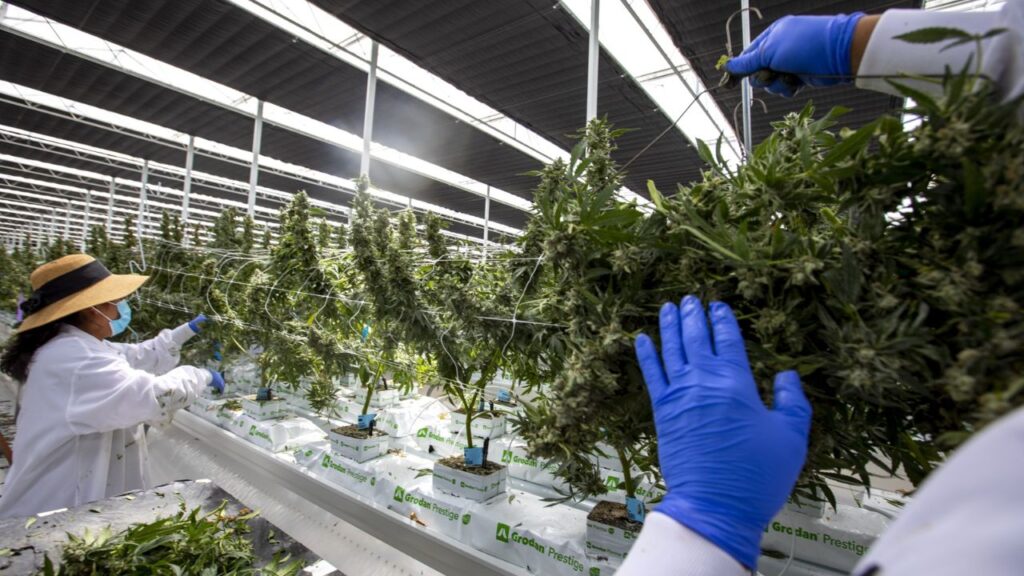California stands as a pioneering state in the realm of cannabis legalization. It set the stage by permitting medical cannabis use back in 1996 and later becoming the fifth state to legalize recreational cannabis in 2016. However, it’s crucial to recognize that cannabis laws in California aren’t uniform across the state, with various restrictions and regulations affecting both consumers and businesses. Here’s a snapshot of the current cannabis laws in California as of 2023.
Recreational Cannabis Use:
Individuals aged 21 and above are permitted to legally possess, consume, and share up to 28.5 grams of cannabis or 8 grams of concentrated cannabis. They are also entitled to cultivate up to six cannabis plants per household for personal use. Nevertheless, public consumption of cannabis, whether through smoking or vaping, remains prohibited and can incur fines of up to $100. Furthermore, driving under the influence of cannabis is strictly illegal and can lead to severe penalties.
Recreational cannabis products are available for purchase from licensed retailers, all of which are subject to stringent regulation by the Department of Cannabis Control (DCC). These retailers must adhere to strict guidelines concerning the packaging, labeling, testing, and tracking of cannabis products. Additionally, they are responsible for collecting and remitting taxes on cannabis sales, which encompass a 15% excise tax, a cultivation tax, and local taxes.
Medicinal Cannabis Use:
Patients aged 18 and older who possess a physician’s recommendation are eligible to purchase and use medicinal cannabis in California. They can also apply for a state-issued identification card that exempts them from paying sales and use taxes on their cannabis purchases. Medicinal users can possess and cultivate greater quantities of cannabis compared to recreational users, contingent on their medical requirements and local ordinances.
Medicinal cannabis products can be procured from licensed retailers or dispensaries, which are also subject to DCC oversight. They must adhere to the same standards as recreational users regarding packaging, labeling, testing, and product tracking. Additionally, they enjoy certain legal protections, such as the right to access medical treatment and medication without discrimination based on their cannabis use.
Cannabis Businesses:
To operate legally, cannabis businesses in California must obtain a license from the DCC. The DCC issues different types of licenses, covering activities like cultivation, manufacturing, distribution, testing, retail, delivery, and microbusiness. These businesses must strictly adhere to the DCC’s comprehensive regulations, which encompass the requirements for license application, operation, security, record-keeping, advertising, and more.
Moreover, cannabis businesses must align with the local ordinances of the city and county in which they operate. Local governments possess the authority to either ban or regulate cannabis businesses within their jurisdiction, imposing additional fees and taxes as deemed necessary. As a result, cannabis businesses must engage with their local authorities before initiating or expanding their operations.
Conclusion:
While cannabis enjoys legality in California for both recreational and medicinal purposes, a framework of rules and regulations governs consumers and businesses alike. The DCC plays a pivotal role in overseeing the cannabis industry, but it’s important to note that local governments can establish their own policies concerning cannabis. Given the dynamic nature of cannabis laws in California, staying informed and updated on the latest developments is crucial. For additional information, you can visit the DCC’s website or seek guidance from a cannabis lawyer.


